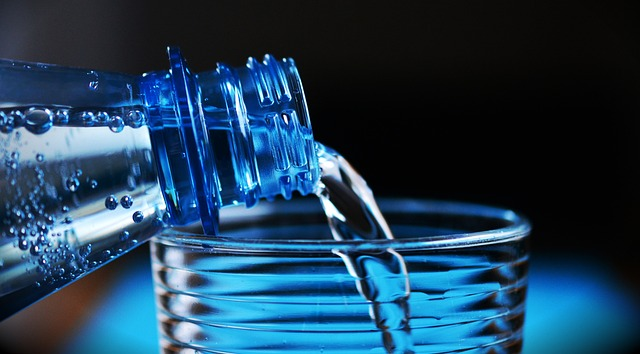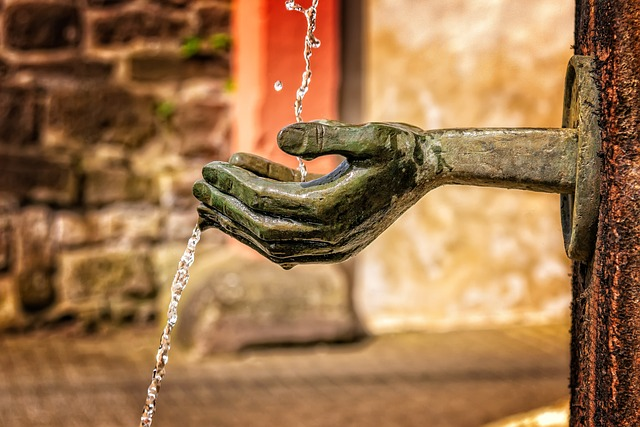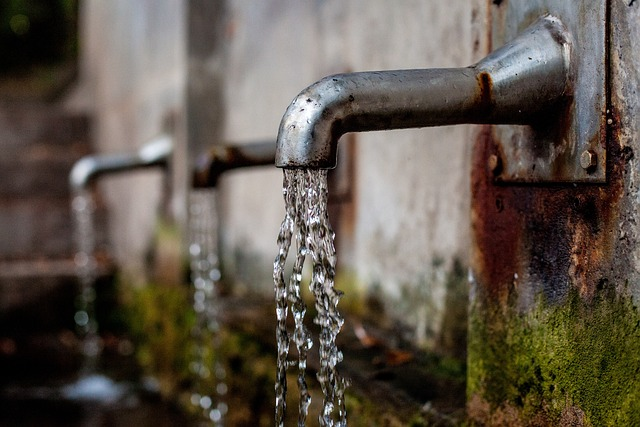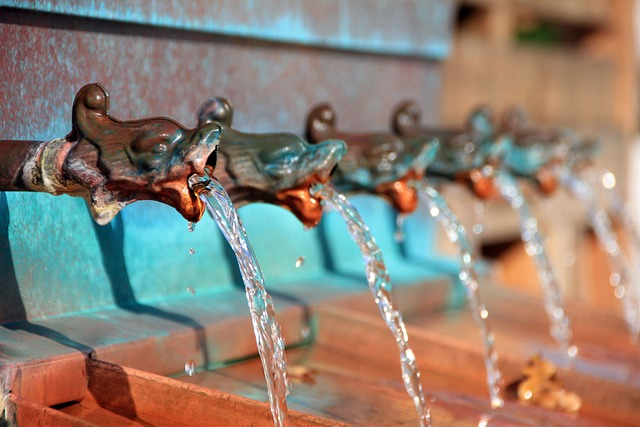Water, the essence of life, is often taken for granted, especially when it effortlessly flows out of our taps. But have you ever stopped to wonder where this life-sustaining liquid comes from? If your home relies on well water, buckle up for a fascinating journey into the depths of the earth. Let’s dive into the world of well water and learn about its basics.
Table of Contents

What is Well Water?
Well water, quite simply, is water drawn from the earth through a well. This water originates as rainfall or snowmelt that seeps into the ground, filling the spaces between sand and rocks. This subsurface area where water resides is known as an aquifer. So, when you turn on your faucet, you’re tapping into an ancient, natural reservoir. Talk about a timeless resource!
How Does a Well Work?
Wells are our link to the aquifers beneath us. They are drilled deep into the ground until they reach the water-rich layers. A pump system then draws water up and into your home. This might sound simple, but the mechanics of it are more akin to a symphony – every part must work in harmony to maintain pressure and ensure a continuous supply.

Why are Wells Important?
Wells play a crucial role in providing a reliable and ample supply of water for various uses, from home needs to irrigation. And it’s not just about quantity; it’s also about water quality. Every well owner wants peace-of-mind knowing their drinking water is safe. Regular testing of well water ensures it’s free from contaminants and safe for consumption.
The Benefits of Well Water
Having a personal well has its perks. With a well, you’re in control of your own water supply. There are no monthly bills, and you’re not dependent on municipal water sources. Plus, many people find that well water tastes better due to the natural filtration process it undergoes through the soil.
Well Maintenance: Protecting Your Well of Life
Just like any other system in your home, your well requires regular maintenance to ensure it continues to provide clean, safe water. This includes regular testing, keeping potential contaminants away from the wellhead, and periodically inspecting the well and its equipment for any signs of damage or wear.

Learn About Private Water Wells | US EPA
There are three main types of private drinking water wells. The specific type used often depends on local geologic and groundwater conditions. Each type has its own unique characteristics and uses.
Well Components: What Makes a Water Well?
A private water well is more than just a hole in the ground. It’s a complex system made up of several key components. Understanding these components and how they work together can help you maintain your private wells and address any issues that may arise.
Location, Location, Location: Where Your Well Matters
The location of your well plays a crucial role in the safety of your water. Ideally, the well should be situated so that rainwater flows away from it. This helps prevent any harmful bacteria or chemicals present on the land’s surface from seeping into your well and potentially causing health problems.

Constructing a Well: Building for Safety and Reliability
Proper well construction is essential to ensure a safe and reliable water source. This process involves considering local geologic and groundwater conditions, as well as following guidelines provided by your state water-well contractor licensing agency, local health department, or a local water system professional.
It’s also important to ensure that any water-well drillers and pump-well installers you work with are bonded and insured. If required in your state, make sure your ground water contractor is licensed and certified. The National Ground Water Association (NGWA) operates a voluntary certification program for contractors, providing them with national training certification on top of state requirements.
Common Questions About Having Well Water at Home
1. Is Well Water Safe to Drink?
Safety is always a top concern when it comes to our drinking water. Generally, well water is safe to drink if it’s properly maintained and tested regularly for contaminants. Most contaminants are naturally occurring minerals, but some could be harmful if present in high quantities. Regular testing helps ensure your well water remains safe to drink.
2. Does Well Water Taste Different?
Many people find that well water tastes better than city water. This is because well water is often softer and doesn’t contain the chlorine found in city water. However, the taste can also vary depending on the minerals present in your local groundwater.
3. How Often Should I Test My Well Water?
It’s recommended to test your well water at least once a year for bacteria and nitrates, the most common potential pollutants. If you notice a change in the taste, color, or odor of your well water, it’s a good idea to get it tested right away.
4. What Happens During a Drought?
During a drought, the water table can drop below the level of your well, potentially leaving you without water. It’s crucial to conserve water during dry periods and consider having a deeper well drilled if droughts are common in your area.
5. Can I Install a Well Myself?
Well installation involves precise technical work that should be left to professionals. Incorrect installation can lead to contamination of the water supply and other problems down the line.
6. How Long Does a Water Well Last?
With proper maintenance, a water well can last for many decades. The pump and other equipment may need to be replaced every 10 to 15 years, but the well itself can remain functional for much longer.
Remember, owning a well comes with certain responsibilities to ensure the water remains safe to use. But with regular maintenance and testing, a well can provide a reliable and cost-effective source of water for your home.
In Summary
In conclusion, understanding the basics of well water helps us appreciate this precious resource and the intricate natural process that brings it to our homes. So next time you pour a glass of water, take a moment to appreciate the journey it’s been on. It’s not just H2O; it’s a drop of life.


